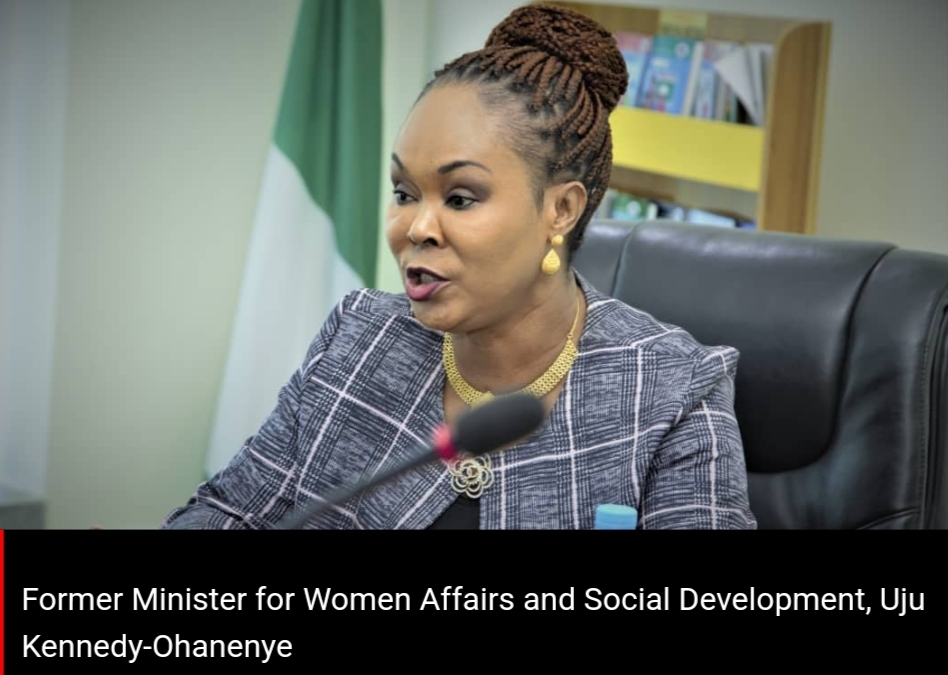Former Minister of Women Affairs Uju-Ken Ohanenye has broken her silence about her brief but contentious tenure, asserting she has “no regrets” over her actions during her time in office. Speaking on Channels Television’s Politics Today, Ohanenye addressed the circumstances of her departure and defended her approach to the role she held until her sudden dismissal by President Bola Tinubu in October 2024.
Ohanenye, who served as minister from August 2023 until her termination alongside four other cabinet members, highlighted several initiatives she spearheaded during her tenure, including mobile courts and programs aimed at rescuing young street hawkers. Her dismissal came as part of a broader cabinet reshuffling that also saw the removal of ministers from Tourism, Youth Development, Education, and Housing portfolios.
The former minister revealed a particularly striking detail about the timing of her dismissal, noting that it came just two weeks after her ministry had successfully raised over N200 million in donations from concerned Nigerians. These funds, intended for various social welfare programs, had to be returned to donors following her sudden departure from office.
Ohanenye’s term was marked by several high-profile controversies, most notably her threat to take legal action against the United Nations over alleged mismanagement of funds designated for Nigeria. This bold stance characterized her approach to the role, which she defended as necessary for protecting the interests of her ministry and the Nigerian people.
Reflecting on her leadership style, Ohanenye emphasized her commitment to maintaining integrity in her position, stating, “I have a responsibility given to me to man that place and make sure things go right. I wouldn’t have tolerated anybody trying to rubbish deceit given to me.” She maintained that her actions represented the highest standard of performance possible under the circumstances.
The former minister’s tenure, though brief, highlighted the challenges facing Nigeria’s social welfare programs and the complex dynamics of implementing change within established governmental structures. Her aggressive approach to addressing perceived inefficiencies and mismanagement drew both praise and criticism during her time in office.
Ohanenye’s discussion of the returned donations particularly underscores the impact of political instability on social welfare initiatives. The N200 million raised through public contributions had to be returned to donors following her dismissal, potentially affecting the implementation of planned programs for vulnerable citizens.
The circumstances of her departure raise questions about the continuity of social welfare programs and the impact of ministerial changes on ongoing initiatives. Her revelation about the returned donations highlights a potential gap in the system for maintaining program momentum during leadership transitions.
Her candid reflections on her time in office provide insight into the challenges faced by public officials attempting to implement significant changes within established governmental frameworks. The former minister’s steadfast defense of her actions, despite the controversies that marked her tenure, speaks to the complex nature of public service reform in Nigeria.
As the dust settles on her brief but impactful tenure, Ohanenye’s experience serves as a case study in the challenges of implementing reform within Nigeria’s ministerial system. Her story highlights the delicate balance between pushing for change and working within established institutional frameworks, as well as the potential consequences of adopting an aggressive approach to ministerial leadership.



